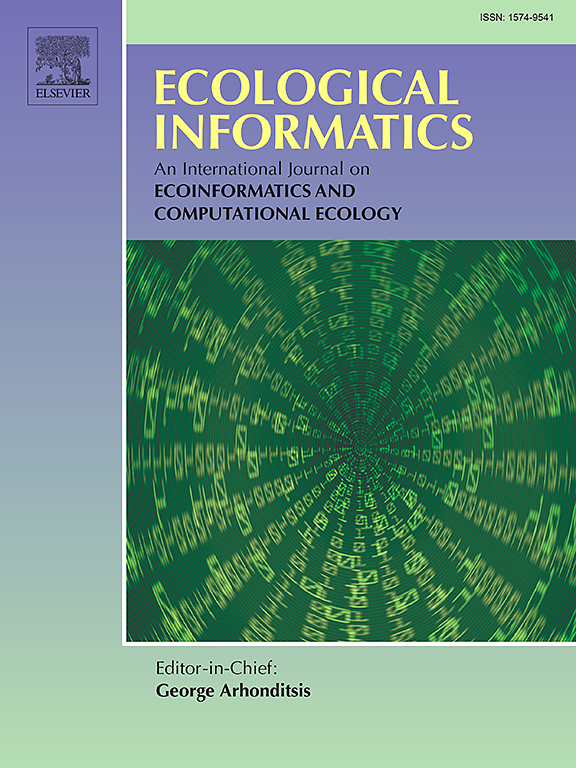提高经合组织国家的生态效率:环境治理如何抑制过度使用自然资源对生态环境造成的破坏性影响?
IF 5.8
2区 环境科学与生态学
Q1 ECOLOGY
引用次数: 0
摘要
发达经济体因过度消耗资源而面临日益严峻的环境挑战,但我们缺乏明确的证据,表明环境政策如何能最好地解决这些问题。本研究考察了1997年至2020年间,环境治理如何影响9个经合组织国家的资源利用和生态效率。我们的分析表明,更强有力的环境政策显著提高了生态效率:环境治理效率每提高1%,生态效率就会提高0.65 - 0.95%,在目前生态效率较低的国家,效果最为明显。研究发现,加大能源转型力度和加大研发投入对生态效率的提高均有贡献(分别为0.07 - 0.11%和0.19 - 0.35%),而过度利用资源会使生态效率降低0.07 - 0.03%。值得注意的是,我们的研究引入了一种新的分析方法,通过研究环境政策如何在不同的生态效率水平上缓和资源过度使用的负面影响。事实证明,这种关系对生态效率较低的国家尤其重要,在这些国家,强有力的环境治理可以有效抵消过度资源消耗的有害影响。这些发现在生态效率和贸易指标的多种衡量标准中保持一致,为政策制定者提供了有力的证据。我们的研究为通过有针对性的政策干预来平衡经济发展与环境保护提供了实践指导,特别是在致力于改善其生态绩效的资源密集型经济体中。本文章由计算机程序翻译,如有差异,请以英文原文为准。
Towards eco-efficiency of OECD countries: How does environmental governance restrain the destructive ecological effect of the excess use of natural resources?
Developed economies face mounting environmental challenges from excessive resource consumption, but we lack clear evidence on how environmental policies can best address these issues. This study investigates how environmental governance shapes resource use and ecological efficiency across nine OECD countries from 1997 to 2020. Our analysis reveals that stronger environmental policies significantly improve eco-efficiency: a 1 % increase in environmental governance effectiveness enhances eco-efficiency by 0.65–0.95 %, with the strongest effects observed in countries currently showing lower ecological efficiency. We find that increasing energy transition efforts and research and development investment each contribute to improved eco-efficiency (0.07–0.11 % and 0.19–0.35 % respectively), while excessive resource use reduces it by 0.07–0.03 %. Notably, our study introduces a novel analytical approach by examining how environmental policies moderate the negative impacts of resource overuse across different levels of ecological efficiency. This relationship proves especially important for countries struggling with lower eco-efficiency, where strong environmental governance can effectively offset the harmful effects of excessive resource consumption. These findings remain consistent across multiple measures of eco-efficiency and trade indicators, offering robust evidence for policymakers. Our research provides practical guidance for balancing economic development with environmental protection through targeted policy interventions, particularly in resource-intensive economies working to improve their ecological performance.
求助全文
通过发布文献求助,成功后即可免费获取论文全文。
去求助
来源期刊

Ecological Informatics
环境科学-生态学
CiteScore
8.30
自引率
11.80%
发文量
346
审稿时长
46 days
期刊介绍:
The journal Ecological Informatics is devoted to the publication of high quality, peer-reviewed articles on all aspects of computational ecology, data science and biogeography. The scope of the journal takes into account the data-intensive nature of ecology, the growing capacity of information technology to access, harness and leverage complex data as well as the critical need for informing sustainable management in view of global environmental and climate change.
The nature of the journal is interdisciplinary at the crossover between ecology and informatics. It focuses on novel concepts and techniques for image- and genome-based monitoring and interpretation, sensor- and multimedia-based data acquisition, internet-based data archiving and sharing, data assimilation, modelling and prediction of ecological data.
 求助内容:
求助内容: 应助结果提醒方式:
应助结果提醒方式:


